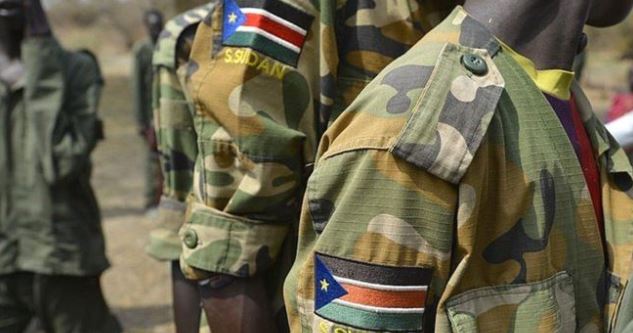×
The Standard e-Paper
Fearless, Trusted News

Horrific accounts of gang rape, throats being slit and mass shootings in South Sudan are described in the latest United Nations report on the country.
It blames the violence in Unity state on government and allied forces.